Bulgaria meets the inflation criterion for the euro for the third consecutive month
Data on the sustained low 12-month average inflation will be reflected in the convergence report expected from Brussels on June 4
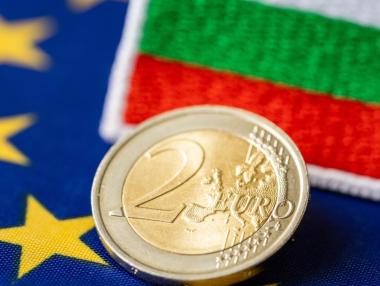
Data on the sustained low 12-month average inflation will be reflected in the convergence report expected from Brussels on June 4
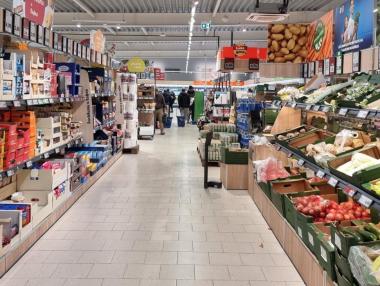
Annual inflation in Bulgaria slowed to 3.5% in April, according to data from the National Statistical Institute (NSI) published on Thursday

Only the cost of clothing and shoes went down

The prediction was made in the Bulgarian National Bank's quarterly Macroeconomic Forecast
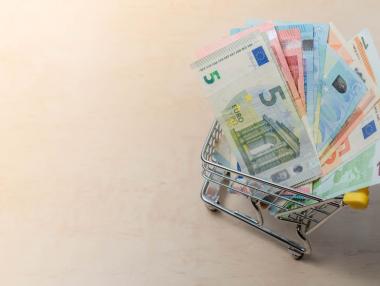
Bulgaria is likely to meet the eurozone inflation criterion in the first months of 2025
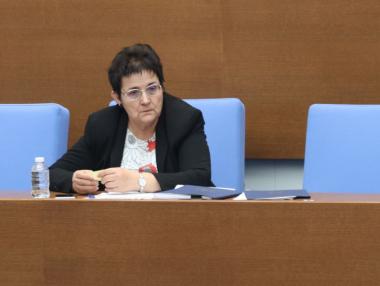
The most realistic date for Bulgaria's accession to the Eurozone is January 1, 2026 - this is the conclusion that a number of financial institutions
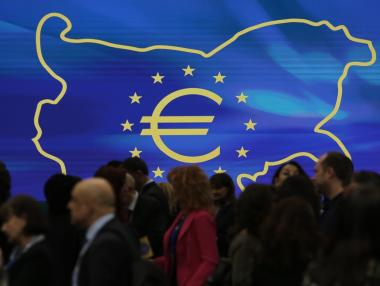
Inflation in Bulgaria continues to inch closer towards the permissible limits for Eurozone admission. At the end of September, the country’s indicator was only 1 percentage

Inflation in Bulgaria will hover above 2% over the next two years, supported by wage and credit growth, and consumption will remain the engine of the economy
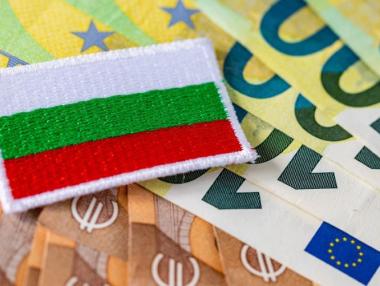
Yet another big bank in Bulgaria – UBB - expects that the country will only meet the inflation criterion for the Eurozone next year
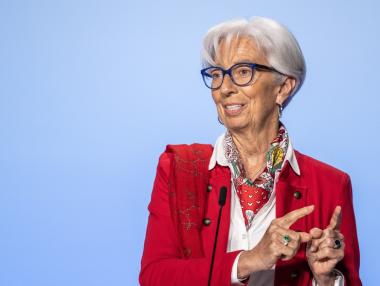
Bulgaria does not meet the inflation criterion and is not ready to join the Eurozone from January 1, 2025. This was expectedly stated by the European Central Bank
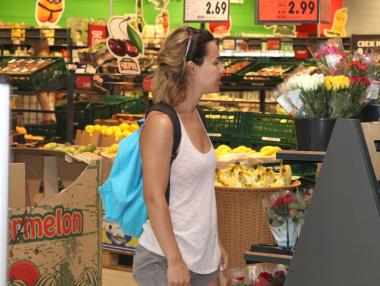
Deflation has made a comeback to Bulgaria, driven mainly by a drop in food prices. National statistics data shows that in September, on a monthly basis